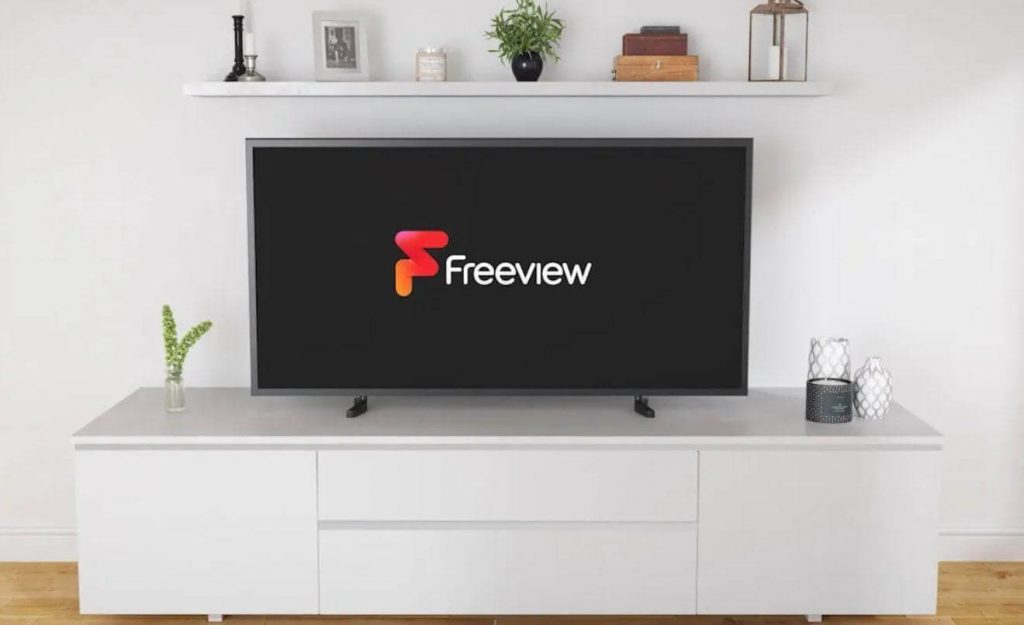The Department for Culture, Media and Sport (DCMS) has confirmed it will progress with plans to allow Ofcom to renew licences for local TV channels and the local TV Freeview multiplex.
- All 34 local channels will receive an extension to their broadcast licence until at least the end of 2034.
- Ofcom to be given the power to extend licences for another decade
- Multiplex operator Comux to submit revised technical and promotional plans showing how it will support local TV.
Following a public consultation last year, the DCMS has given the green light for the extension of local TV services on Freeview. That’s despite some concerns over the public value offered by some local channels.
Of the 34 local TV channels operating in the UK, 20 are now owned by That’s TV, which broadcasts a simulcast of its national channel for most of the day. Local TV Limited holds 8 licences – its channels now simulcast TalkTV for most of the time. There are now just a handful of independent local channels, including Notts TV in Nottingham, KMTV and Latest TV in the south-east and NVTV in Belfast.
The first local TV licences begin to expire in late 2025, 12 years since the launch of the first channel to benefit from the current local TV licensing scheme: Grimsby’s Estuary TV, now part of That’s TV. The channel originated as a local cable channel before winning an Ofcom local licence giving it a prime Freeview slot.
The licences under renewal give the local channels the right to broadcast on either Freeview channel 7 or 8, ahead of channels from the likes of Sky, UKTV and WBD.
Local TV multiplex licence also pending renewal
In addition to the 34 local TV licences, there’s also a licence for the local TV Freeview multiplex. The local TV multiplex is a bundle of channels operated by Comux. It consists of the local channel, plus four commercial channels. The signal is only carried from some transmitters and reaches around two thirds of UK households. The multiplex licence will be extended at the same time as the individual local TV licences.
How the licences will be extended
To allow the licences to be extended, the government intends to make an order under section 244 of the Communications Act 2003. This will enable Ofcom to take forward the processes for the renewal of the local TV multiplex licence and all 34 individual local TV service licences.
Ofcom will also undertake a performance review of the local TV multiplex operator Comux. Comux will be invited to submit revised technical and promotional plans. It will be required to show how it will support local TV over the next licence period (2025 to 2034).
Explainer: How the local TV multiplex helps pay for local TV on Freeview
As part of the way local TV is supported, spare capacity on the multiplex is rented out to third-party operators. These currently include Narrative Entertainment (to run channels including POP) and AMC Networks UK (for Legend Xtra). Revenue received from these broadcasters pays for the infrastructure that allows local TV channels to broadcast on Freeview.
Concerns for the future
However, there are ongoing concerns about the future direction of local TV. The main public broadcasters are pushing for a switch from digital terrestrial TV (DTT) to an all IP-based digital TV platform under the guise of Freely. As the result, there are questions about the ongoing viability of the current set-up, especially once IPTV users become the majority. IPTV could ultimately reduce the value of holding a licence to broadcast on Freeview.
All Freeview multiplex licences, except the licence covering the Freeview HD multiplex PSB3/BBC-B, are now extended or on the pathway of being extended until 2034.
Ofcom can terminate licences earlier in the event of a faster transition from digital terrestrial to IP-based TV services.
The World Radiocommunications Conference (WRC-23) confirmed that frequencies will continue to be available for DTT beyond 2030. The ongoing use of 600MHz frequencies will be reviewed in 2031, which could affect DTT use by 2040.
Marc Thornham

